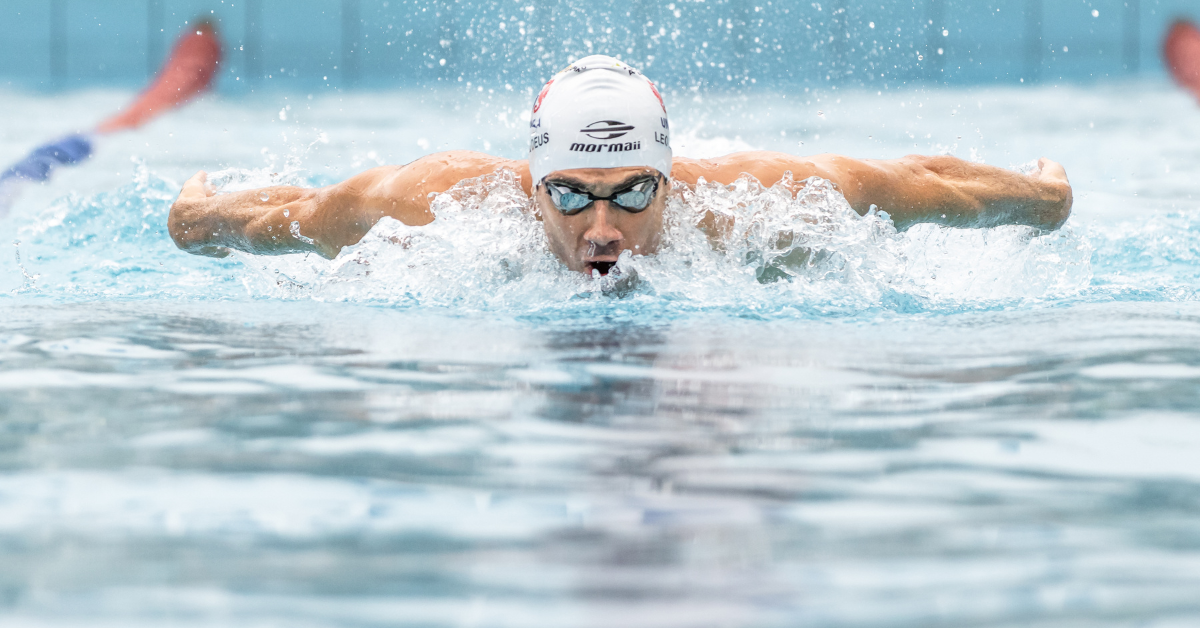Health and sports are deeply connected — water activities prove it better than anything else. More than just a way to stay active, they offer a complete mind-body experience. Whether you’re surfing, swimming, paddling, diving, or training in open water, moving in water activates physiological mechanisms your body is naturally designed for. And science backs it up.
Unlike many land-based sports, water-based movement engages the entire body while minimizing impact, making it one of the safest and most effective ways to build endurance and strength. The resistance of water creates natural muscle activation and improved cardiovascular health, while its cooling and sensory effects calm the nervous system, improving focus and emotional balance. It’s training that challenges you physically — and restores you mentally, fostering balance, clarity, and a deeper connection with your own rhythm of movement.
Below are five proven health benefits that show why training in water goes beyond exercise. Let’s dive in.
1. Water Sports Reduce Stress and Improve Mood
Research published in the International Journal of Environmental Research and Public Health (2020) found that being in or near natural bodies of water activates the parasympathetic nervous system — responsible for calm, focus and emotional regulation. The result? Lower cortisol levels and increased feelings of mental clarity.
This is why even a short session in the ocean or open water can “reset” your mind in a way that indoor training often can’t.
2. Improved Cardiovascular Health
Swimming and paddle-based sports demand continuous, controlled breathing and full-body engagement.
Studies from the British Journal of Sports Medicine show that consistent water exercise improves heart function, circulation and oxygen efficiency more effectively than many land-based aerobic workouts, especially over the long term.
The natural resistance of water makes the heart work effectively — without high joint impact.
3. Low-Impact Training That Protects Joints
Unlike running or weight-bearing sports, training in water cushions the body from mechanical overload.
A study from the American College of Sports Medicine confirmed that buoyancy reduces pressure on joints and cartilage, allowing strength and endurance training without the risk of impact-related injuries.
That’s why water is also widely used in rehabilitation and longevity training.
4. Full-Body Engagement and Motor Control
Water environments require constant micro-adjustments to maintain balance and direction.
According to research in the Journal of Applied Physiology, this activates stabilizing muscles in the core, back and hips, improving posture, coordination and proprioception (body awareness).
This is performance training disguised as play.
5. Natural Boost to Mental Well-Being
Exposure to blue spaces (oceans, rivers, lakes, pools) is linked to increased dopamine and serotonin — mood neurotransmitters associated with happiness, presence, and calm.
Large multi-country research on blue spaces finds that regular contact with water is associated with higher self-reported life satisfaction and improved mental wellbeing.
Why this matters for longevity in movement
What makes water sports special isn’t just the workout — it’s the state they create. Immersing your body in water reduces gravitational stress on joints and muscles, allowing for fluid, sustainable movement that strengthens without overloading. It’s one of the few forms of exercise that challenges endurance, strength, and flexibility while simultaneously promoting recovery.
The calming sensory experience of being surrounded by water also has measurable effects on the nervous system, helping lower cortisol levels and promote relaxation. Combined with improved cardiovascular function, balance, and coordination, these benefits create a foundation for lifelong movement — a body and mind that can adapt, recover, and keep going.
In other words, water sports don’t just build fitness; they build resilience. They allow you to move through life — not just for a season, but for a lifetime.
Read more: Cold Water & Immune Response: The Science Behind the Boost



